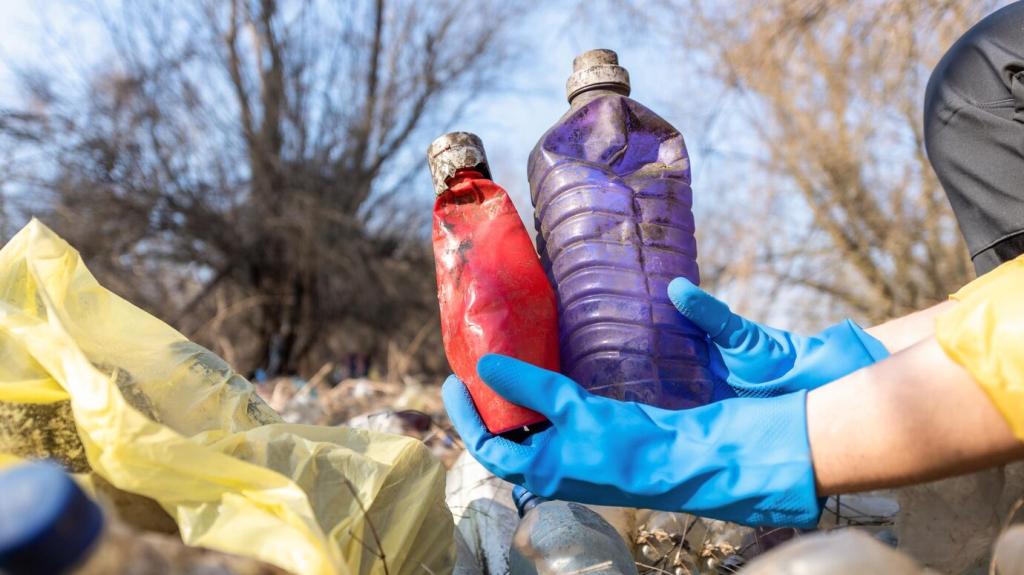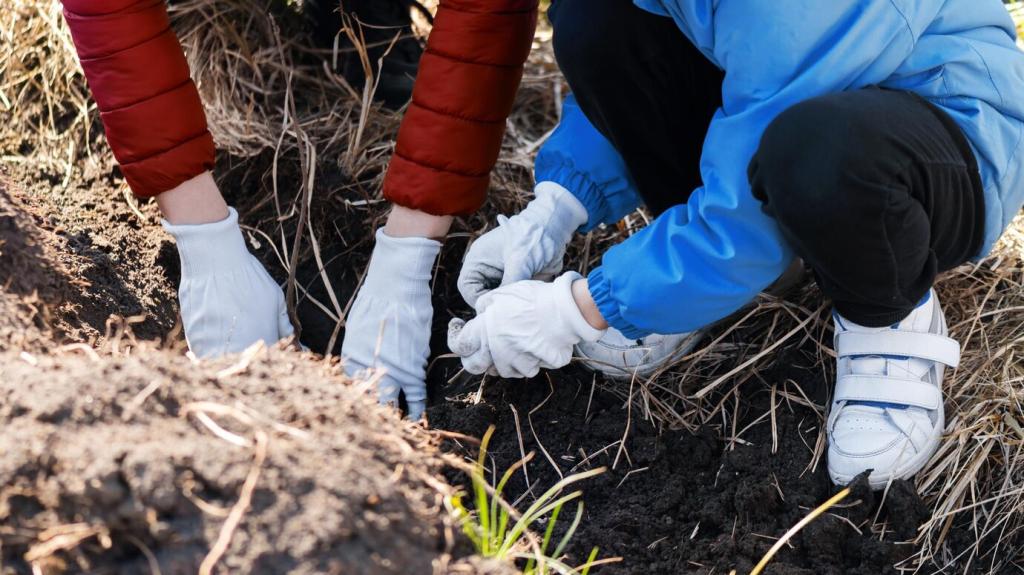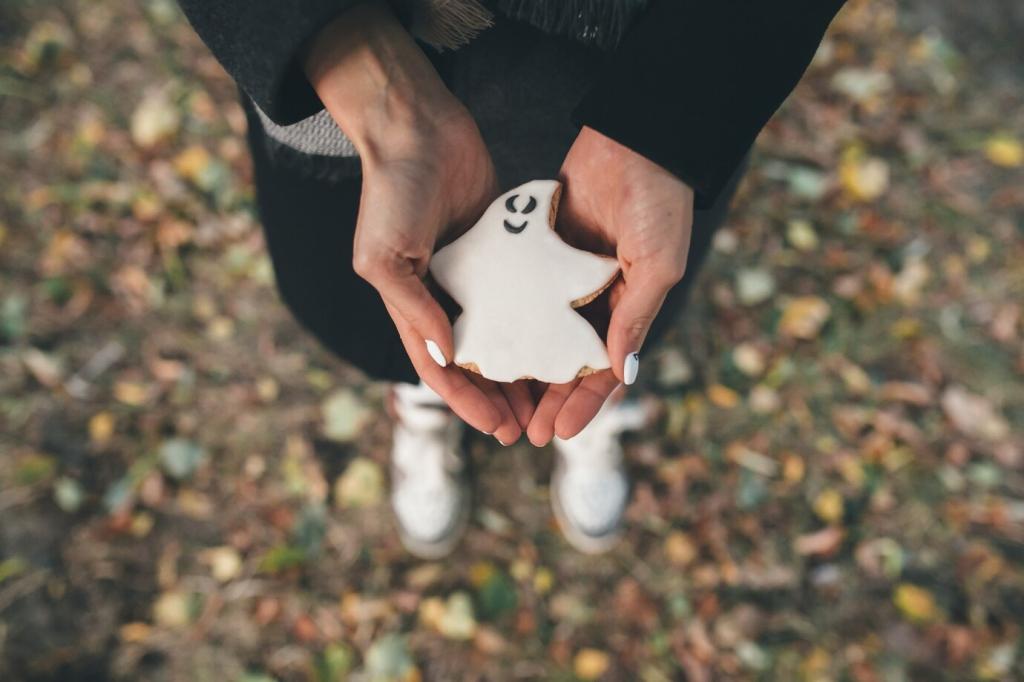Cleaning Vintage Leather Carefully: Preserve the Story in Every Crease
Know Your Vintage Leather Before You Clean
Identify finish and dye
Look for signs of aniline or semi-aniline finishes, visible pores, and uneven coloration. These indicators guide how much moisture and cleaner the surface can handle without lifting dyes or dulling the precious, aged sheen.
Patina is not dirt
That golden glow on the cuffs and collar? It is earned patina, not grime. Clean carefully so you remove contaminants while keeping the story-rich luster that tells how a jacket was worn, loved, and passed down.
Ask the leather’s backstory
Was it stored in a damp loft, worn in smoky clubs, or treated with saddle soap decades ago? These details shape your plan. Share your piece’s history in the comments so we can suggest tailored, careful steps.
Prepare a Gentle Workspace
Use a soft horsehair brush, lint-free microfiber cloths, cotton swabs, a pH-neutral leather cleaner, and distilled water. Avoid baby wipes, household sprays, and colored cloths that can transfer dye or leave residue behind.

Handling Stains and Odors with Care
Ink is tricky. Use a dedicated leather ink remover designed for delicate finishes and test obsessively. Work from the stain’s edge inward. Stop at the first sign of color lift and ask questions in the comments if unsure.



Conditioning Without Overdoing It
Select a reputable, non-darkening formula compatible with vintage finishes. Avoid heavy waxes that smother the grain. When in doubt, test, observe overnight, and adjust your plan to protect the leather’s natural glow.
Conditioning Without Overdoing It
Warm a pea-sized amount between your fingers, then massage lightly with the grain. Wait for absorption, evaluate flexibility, and stop when the leather feels calm and responsive rather than glossy or oily.



